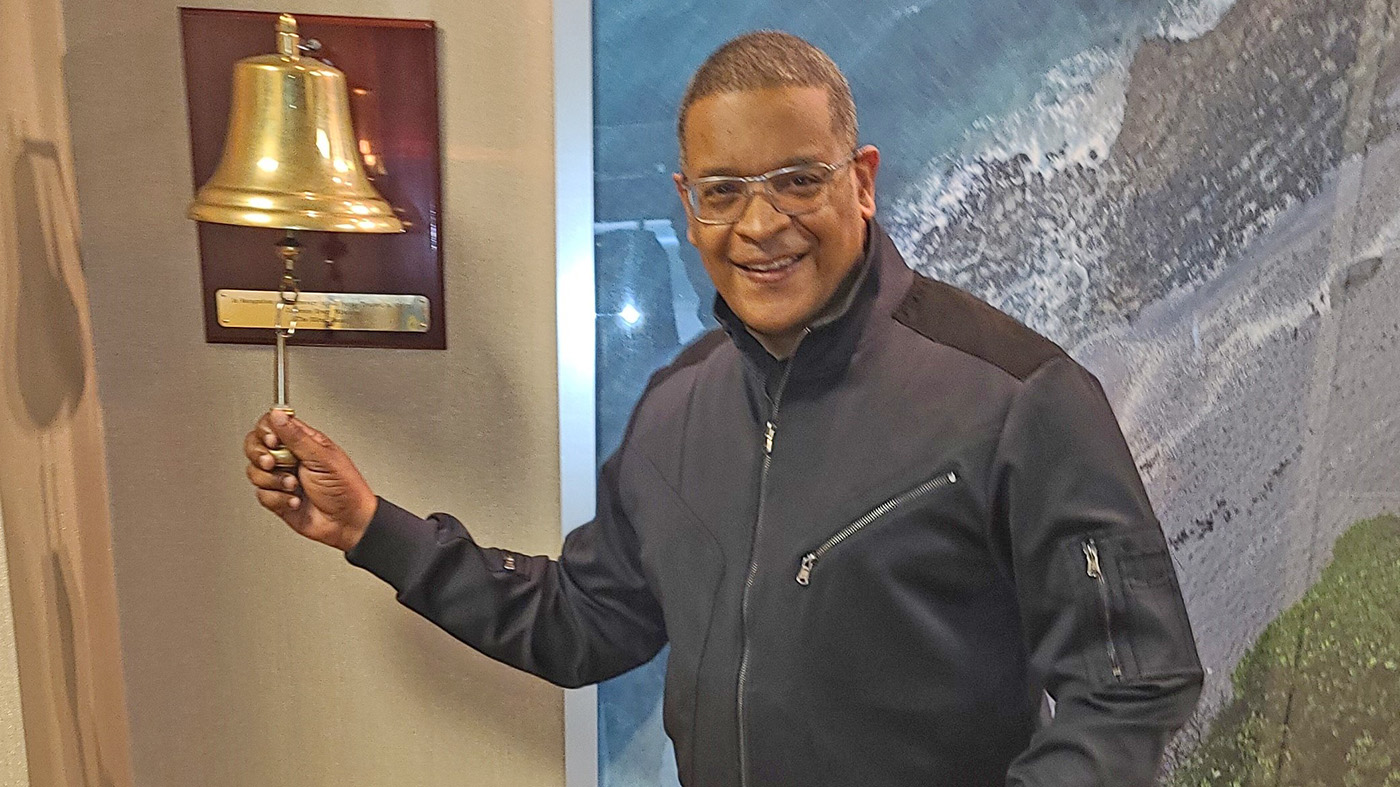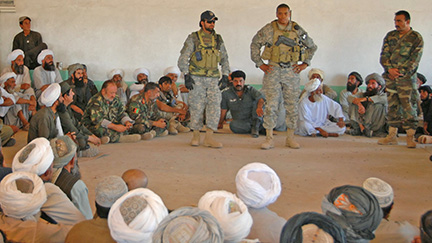As a decorated Army Special Forces operator, Lawrence William Henry deployed 10 times to places in the Middle East over a long career. Bullets, bombs, burn pits and battlefield contaminants were a way of life for the now retired colonel. With decades dedicated to selfless service and a desire to push the limits of what was possible, Henry’s life was a daily physical and mental grind that tested his resilience as an individual and a member and leader of elite teams.
Just six months after retiring in 2020, Henry began experiencing unexplained bouts of severe stomach pain. He initially brushed off the symptoms and pain as typical for a seasoned Special Forces operator.
“I started having cramps and gas, but I just figured it was normal issues any warfighter experiences, and I brushed it off thinking it would go away. But it didn’t,” he shared.
Henry’s wife insisted he seek medical attention. Ultimately, a colonoscopy would reveal the cause for his concern: a malignant tumor in his colon. The diagnosis shattered his world, forcing him to confront a new kind of battle—one against his own body.
Surgery to remove the tumor was successful, but further tests revealed cancerous cells in the lymph nodes, necessitating a brutal course of chemotherapy and advanced monitoring for potentially lethal blood clots.
Dallas team of oncology professionals
During his lengthy treatment, Henry moved from Tampa to Dallas and entrusted his care to North Texas VA and their team of oncology professionals. “Being able to trust the people that are doing your life saving care is a must,” he said.
Prior prevention via a colonoscopy is key for early detection of colon cancer. Men at average risk of colon cancer should get screened every 10 years once they reach 45 years of age. If they have other risk factors exist—like a family history, obesity, tobacco use or type 2 diabetes—a physician may recommend a screening sooner.
“You must get beyond the fear and apprehension of conducting colonoscopies because you must know your status. If you don’t know your status, if you don’t know the enemy, you can’t fight and defeat it,” Henry said.
“Listen and pay attention as it could save your life.”
Henry is currently cancer free. Before he started chemotherapy, cancer resection was performed to remove the tumor with a surrounding amount of normal, healthy tissue to increase the success of surgery. A subsequent negative surgical margin and additional treatment has decreased the chance the tumor will come back. He now has regular blood rests and surveillance to keep the cancer at bay.
Throughout his ordeal, Henry relied on the same grit and determination that defined his military career. He emphasizes the importance of self-advocacy, of speaking up when something doesn’t feel right and of having unwavering trust in his medical team.
“You must be an advocate for your own health care. Listen and pay attention as it could save your life,” he added.
Topics in this story
More Stories
Take the Five Days to be Healthier Together challenge to be stronger and healthier.
VA is putting Veterans in the driver's seat for making medical appointments.
Larry Trujillo lost 44 pounds and improved his relationship with food during the 90-day TeleMOVE! telehealth program.







My Primary Care Physician told me that the VA doesn’t allow Colonoscopy after age 80. I am 82 years old and the last time I had one was in 2020. I don’t think that life ends at 80, or that I am no longer at risk. Is this a fact?
Great news!
Hopefully, VA PCPs are reading this article rather than gaslighting their patients when they request a colonoscopy. All I got was pushback until I went to a private gastroenterologist that ordered both a colonoscopy and an endoscopy. I had similar symptoms and was in my late 40s, along with having several other risk factors for colon cancer. My VA PCP sent me to a damn nutritionist that essentially mocked me in the treatment notes for being concerned and wanting a colonoscopy. Thank God I went outside of the VA system. All veterans should be offered choice of healthcare providers, whether through the VA, or private healthcare. Competition is the only way to improve services
I had to have colonoscopy test done in 219 and when I went to get it done as the VA said they back it some clerks cancel it and I end up having to pay for it so how can you tell me how concerned the VA is about and my medical team said they didn’t cancel it